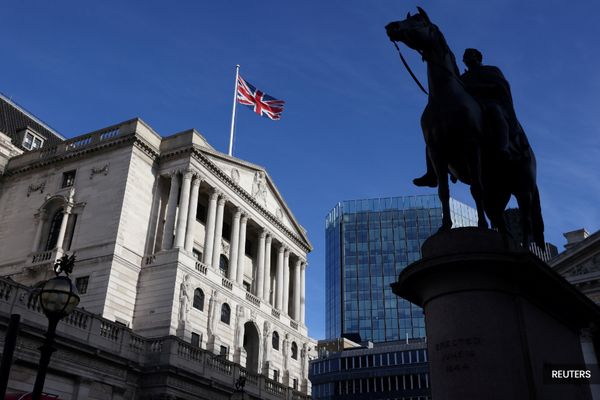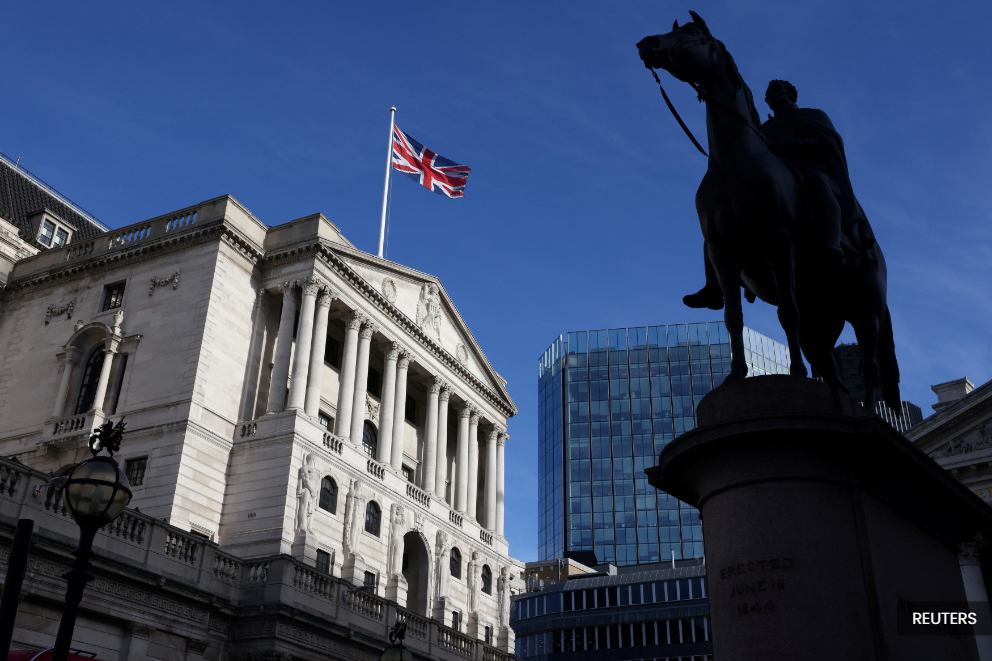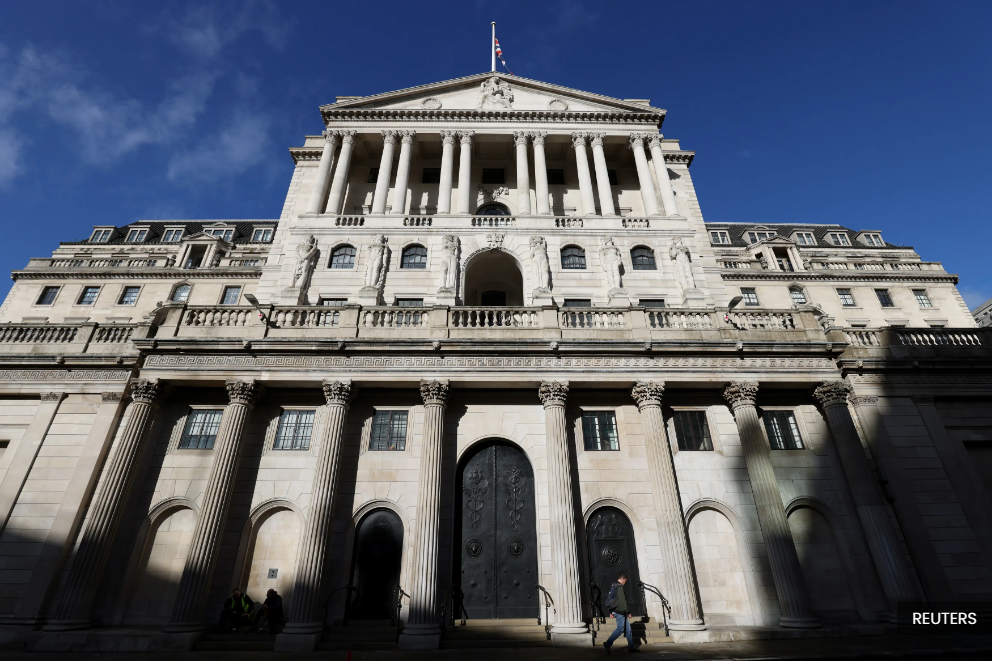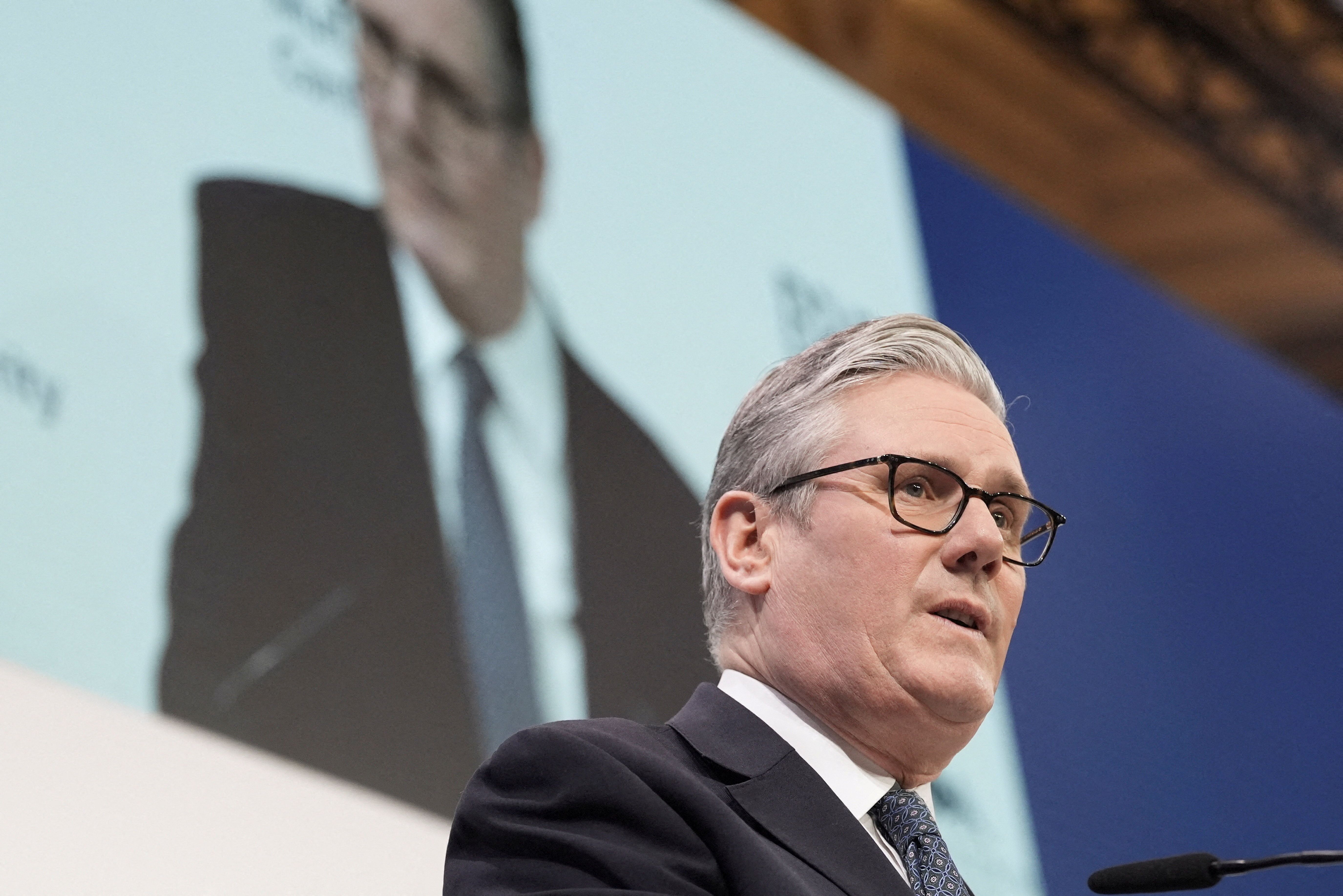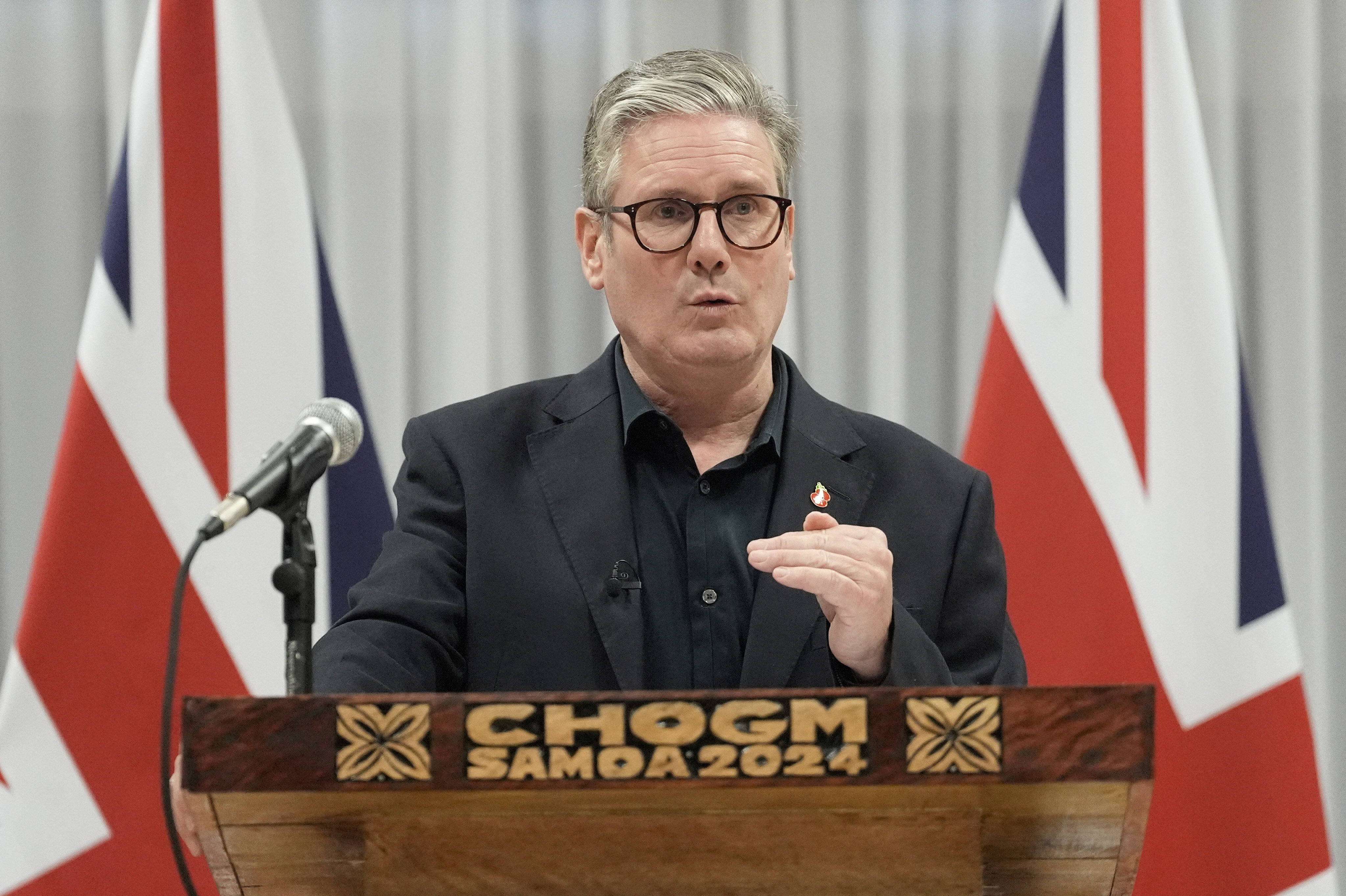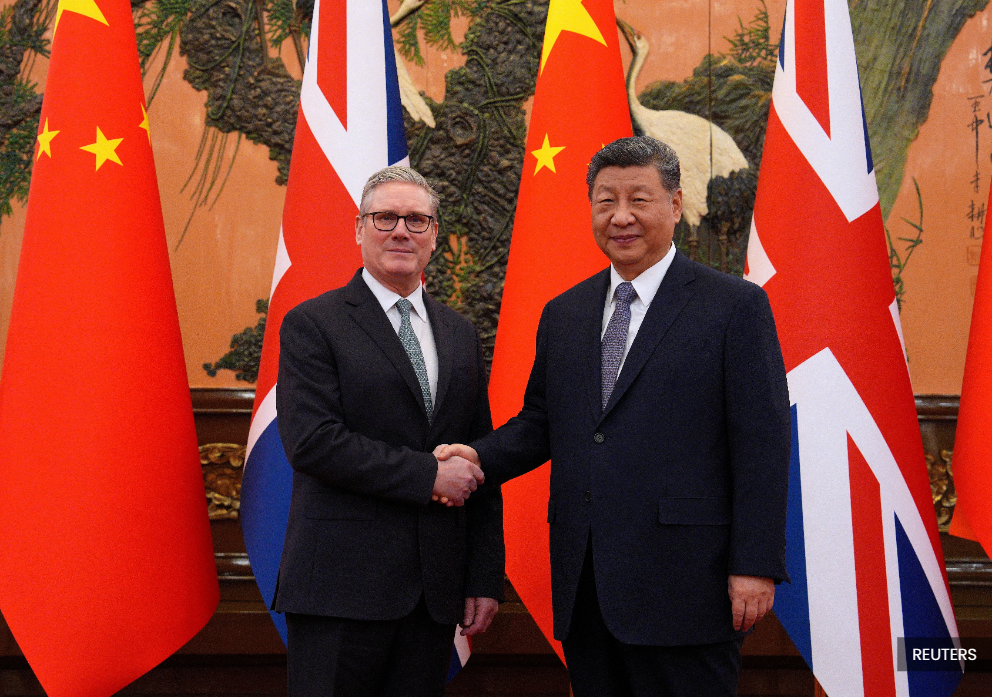LONDON, Nov 2 — The Bank of England is widely expected to keep interest rates on hold next week, but economists are bracing for a close-call decision with new economic data opening the door to a potential cut.
PA Media/dpa reported that its Monetary Policy Committee (MPC) will make its next decision on interest rates on Thursday.
Most economists expect rates to be kept at four per cent as the bank holds out for further signs that inflation is cooling and awaits measures announced in November's autumn budget. However, some experts, including banking giants Barclays and Goldman Sachs, are predicting a cut to 3.75 per cent, with policymakers swayed by recent economic data.
Official figures last week showed that UK Consumer Prices Index (CPI) inflation stayed at 3.8 per cent in September, the same level as both July and August, with food prices easing during the month. Most economists had predicted a reading of four per cent for the month.
Oxford Economics' senior United Kingdom (UK) economist Edward Allenby said: "On balance, data published since the September meeting should help to slightly ease some of the MPC's worries about above-target inflation persisting."
"But it is unlikely to be enough to convince a majority to back a November rate cut."
He added that policymakers "will want to see more sustained evidence that underlying inflationary pressures are softening before cutting again."
EY Item Club chief economic adviser Matt Swannell said there were "encouraging signs" in food inflation easing and energy costs falling, but that MPC members will "remain concerned about sticky inflation becoming embedded."
"Inflation is almost double the two per cent target, and the labour market loosening that may be required to get inflation back to target could be losing steam
"Meanwhile, the recent fall in food price inflation may reflect one-off discounting rather than the start of a decline," he said.
Furthermore, economists pointed out that the bank may be keen to wait and see what measures are announced in Chancellor Rachel Reeves' budget on November 26 before cutting interest rates.
Investec economist Ellie Henderson said: "It is looking ever more likely that Chancellor Reeves will have to increase taxes and/or cut spending to meet her fiscal rules and restore a degree of fiscal headroom."
"Such a tightening in fiscal policy would act as a weight on demand within the economy, and thereby increase disinflationary pressures, making a rate cut by the end of the year more likely."
She noted that the bank was likely to want to see "evidence of inflation easing, not just peaking, before committing to further interest rate cuts."
On the other hand, Barclays chief UK economist Jack Meaning predicted that the recent inflation data would be enough to tip policymakers towards cutting rates on Thursday.
Coupled with data pointing to slowing wage growth among UK workers, he said this would be likely to give the committee more confidence that inflation was set to ease.
It comes after economists at United States investment bank Goldman Sachs also predicted that recent figures would be enough to convince the bank to cut rates to 3.75 per cent.
This marks a shift in sentiment after many experts were ruling out a rate cut in November and said borrowing costs may not be reduced until 2026, coming as a setback to millions of mortgage holders still expected to refinance onto higher rates.


